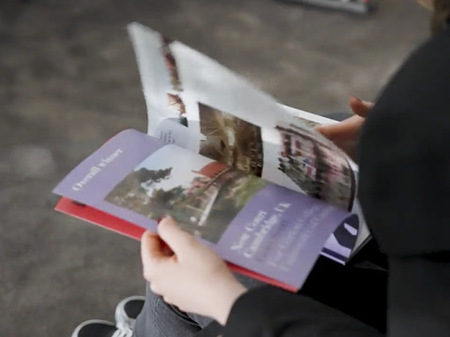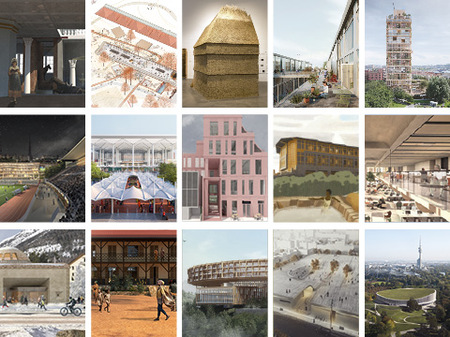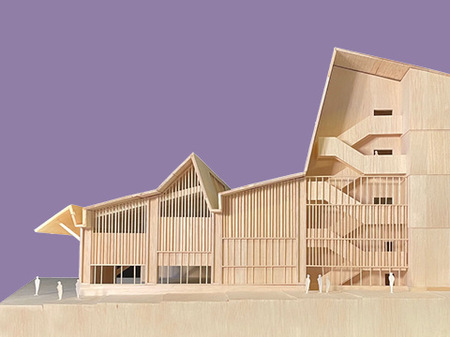A window into tomorrow’s cities and landscapes
Spanning 13 categories, the awards celebrate excellence in unbuilt and incomplete projects, and the potential for positive contribution to communities, neighbourhoods and landscapes around the world.
Entering the awards puts your work in front of a panel of highly respected judges and on a global stage. All entries are published in the AR Future Projects awards catalogue, available to all readers of The Architectural Review, and winners will be invited to AR Future Projects Live, a public event held in Milan during the Salone del Mobile in April 2026.
In addition to future work, there is also interest in unbuilt and speculative projects and ideas currently being tested and investigated.
Entries for 2026’s awards are now closed. Winners will be announced in April 2026.
Register your interest here to be one of the first to know when 2027’s awards open for entries.
Winners announcement

AR Future Projects awards 2027
Interest in entering the AR Future Projects awards in...the future!? Register your interest here to be one of the first to know when 2027’s awards open for entries.

Categories
The awards include 13 categories for future projects, plus three prizes for projects that will never be built

Previous winners
Past winners include Gort Scott, Grafton Architects, SO-IL, Nomos, White Arkitekter, Studio MK27, Haptic Architects and OMA
